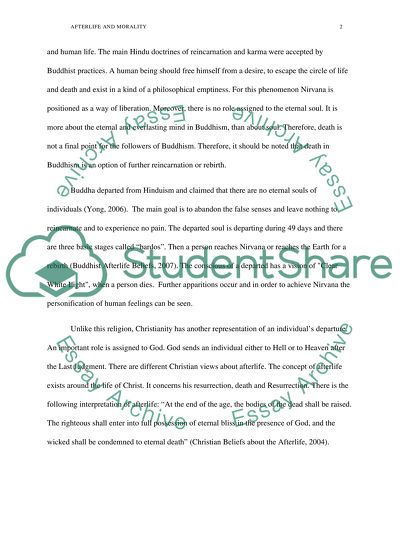Cite this document
(“Buddism and Christianity Essay Example | Topics and Well Written Essays - 2000 words”, n.d.)
Buddism and Christianity Essay Example | Topics and Well Written Essays - 2000 words. Retrieved from https://studentshare.org/religion-and-theology/1438282-compare-and-contrast-two-specific-charteristics-on
Buddism and Christianity Essay Example | Topics and Well Written Essays - 2000 words. Retrieved from https://studentshare.org/religion-and-theology/1438282-compare-and-contrast-two-specific-charteristics-on
(Buddism and Christianity Essay Example | Topics and Well Written Essays - 2000 Words)
Buddism and Christianity Essay Example | Topics and Well Written Essays - 2000 Words. https://studentshare.org/religion-and-theology/1438282-compare-and-contrast-two-specific-charteristics-on.
Buddism and Christianity Essay Example | Topics and Well Written Essays - 2000 Words. https://studentshare.org/religion-and-theology/1438282-compare-and-contrast-two-specific-charteristics-on.
“Buddism and Christianity Essay Example | Topics and Well Written Essays - 2000 Words”, n.d. https://studentshare.org/religion-and-theology/1438282-compare-and-contrast-two-specific-charteristics-on.


